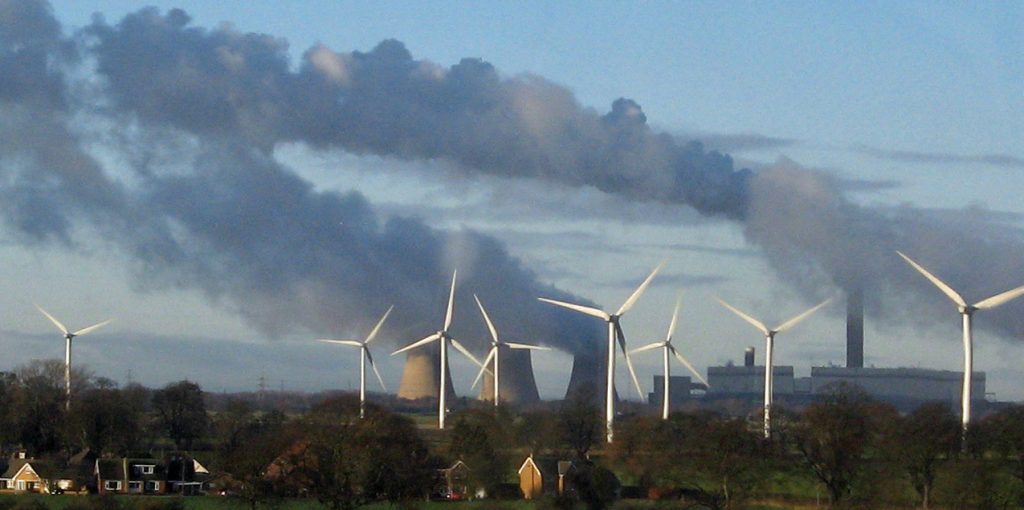Brussels, June 30, 2011 – The next long-term budget for the European Union offers ways to fight climate change and to move Europe’s economies to a sustainable development path but still leaves the door open for harmful spending, according to Friends of the Earth Europe and CEE Bankwatch. The analysis comes after the proposal for the EU budget post-2013 was presented in Brussels last night. [1]
The proposal for the upcoming budget (2013-2020) is 1,025 billion Euros, compared to 975 billion Euros for the current seven-year period. Guidelines for how the money – notably funds for Europe’s regional policy and agriculture, around 75% of Europe’s spending – will be used were also revealed by the European Commission.
Friends of the Earth Europe and CEE Bankwatch are now calling on national governments to take the opportunities provided by this budget to combat climate change, end the waste of resources, reverse biodiversity loss, and move their economies onto sustainable development paths.
Markus Trilling, EU Funds coordinator for Friends of the Earth Europe and CEE Bankwatch, said: “This long-term budget calls for European public money to be spent wisely and smartly for the benefit of future generations, but in reality, it still allows for wasteful, fossil-fuelled spending. What we need next from the European Commission is strong regulation to make sure funds are invested in energy and resource efficiency and renewable energy and the promise of this budget is not simply empty words”.
CEE Bankwatch and Friends of the Earth Europe welcomed the proposed broad integration of climate and biodiversity priorities into all funding programmes.
The budget proposal includes a massive increase in infrastructure funding to 50 billion Euros. The money is destined for rebuilding Europe’s transport, energy and communication infrastructure, but it will also be directed to potentially polluting projects and there is no guarantee it will be spent sustainably.
“In the same breath the proposed budget is promoting smart green energy grids and polluting oil and gas corridors. The European Commission needs to ensure the huge allocation for infrastructure goes to low-carbon transport, energy savings, and smart grids,” added Trilling.
In the proposal national governments are given the flexibility to redirect agriculture funds between measures intended for environmental and rural development, and money potentially going to harmful farming practices. The proposal does not specify in which direction this redistribution might go.
Stanka Becheva, food campaigner for Friends of the Earth Europe, said: “Money which could transform European agriculture for the better must be safeguarded. It is essential that money for agriculture and rural development goes towards more environmentally and socially sustainable farming, instead of lining the pockets of large companies, factory farms and big landowners.”
The European Commission will propose how funds should be spent on Cohesion Policy and the Common Agricultural Policy this autumn. CEE Bankwatch and Friends of the Earth Europe believe these regulations must underpin the achievement of Europe’s international environmental commitments and prioritise and promote funding in these key sectors:
- Eco-innovation,
- Energy savings in buildings,
- Sustainable agriculture and fisheries,
- Nature conservation,
- Green infrastructures,
- Sustainable waste and resource management,
- Decarbonised transport.
***
Notes for the editor :
[1] http://ec.europa.eu/commission_2010-2014/president/news/speeches-statements/2011/06/20110628_speeches_2_en.htm




